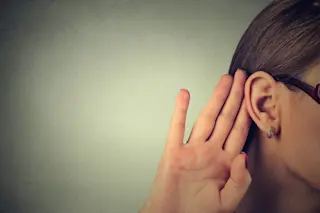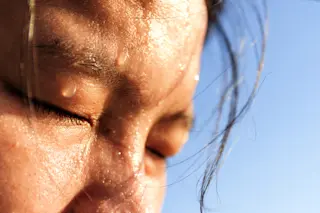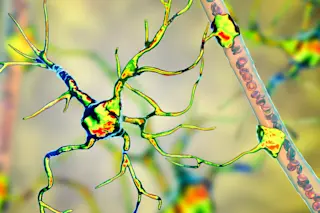Take a moment and picture a banana in your head. That was probably pretty easy, and most of us would probably describe the image as having been pretty vivid. Now try to imagine how a banana smells.
Chances are, you probably feel less confident in your ability to imagine and describe its smell than what it looks like.
Aristotle might consider this evidence for the hierarchy of senses he proposed in the fourth century B.C. His rankings were based on which senses were most important for us to experience and survive in the world. The top sense was sight, followed by hearing, smell, taste and then touch. Sight and hearing allow us to sense things from a distance and so were deemed critical for survival, whereas taste and touch require contact. Smell fell somewhere in the middle.
For centuries, many other scientists and philosophers have accepted Aristotle’s hierarchy. It’s not ...














